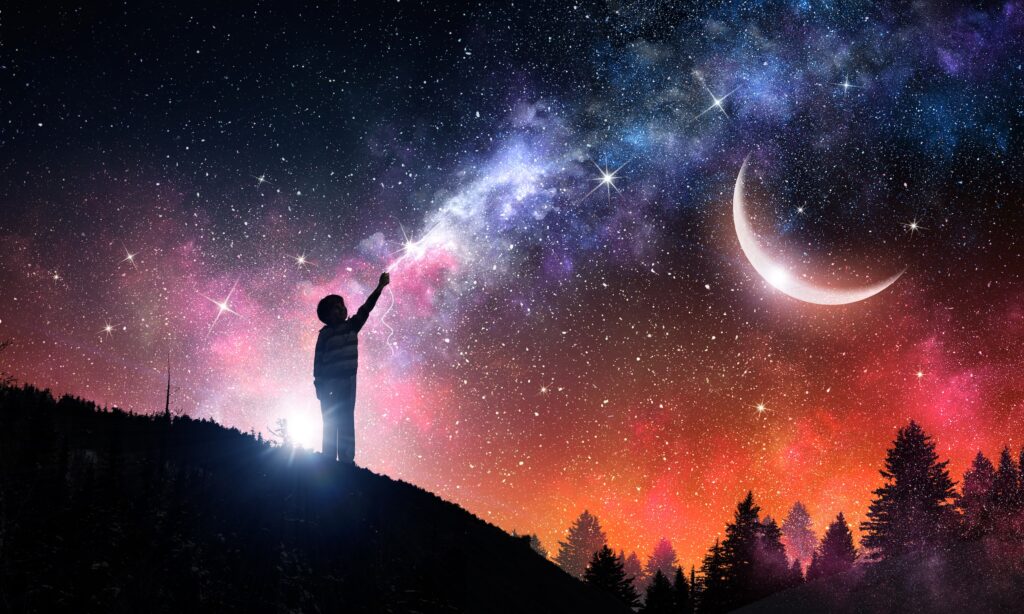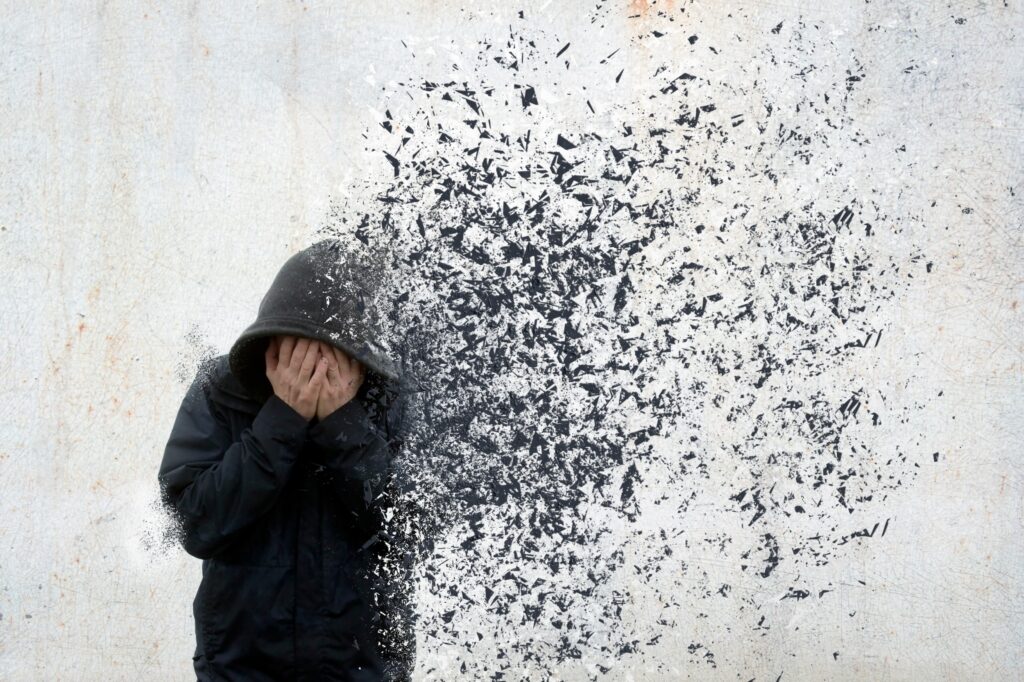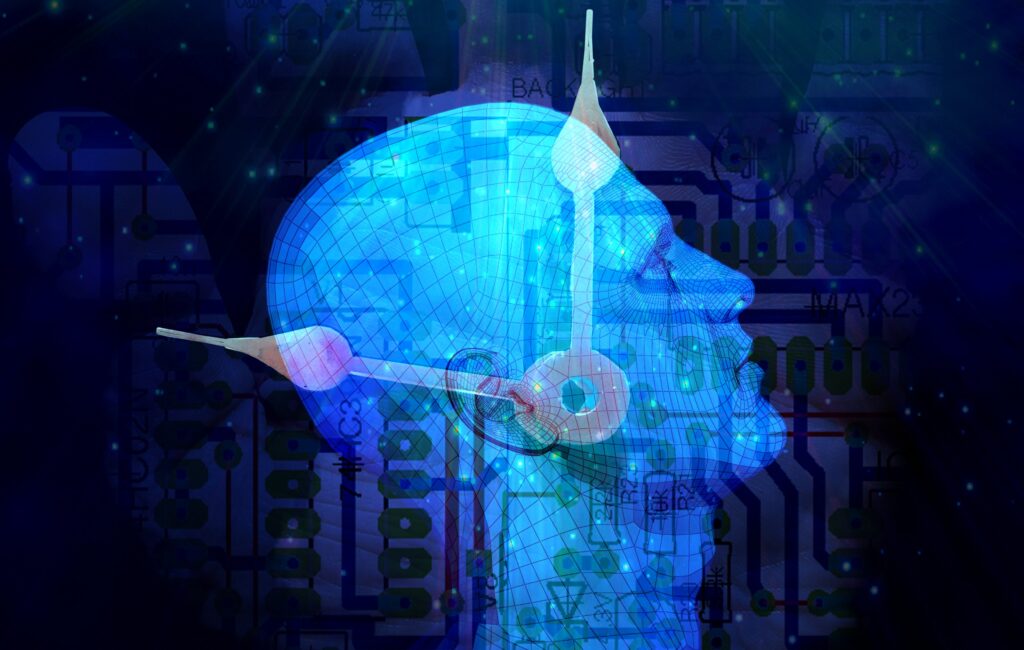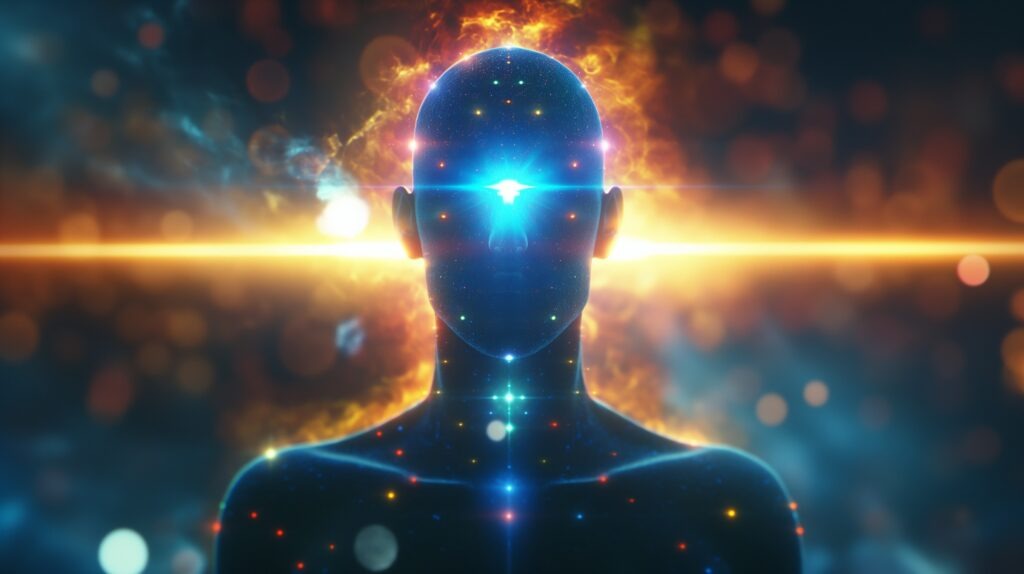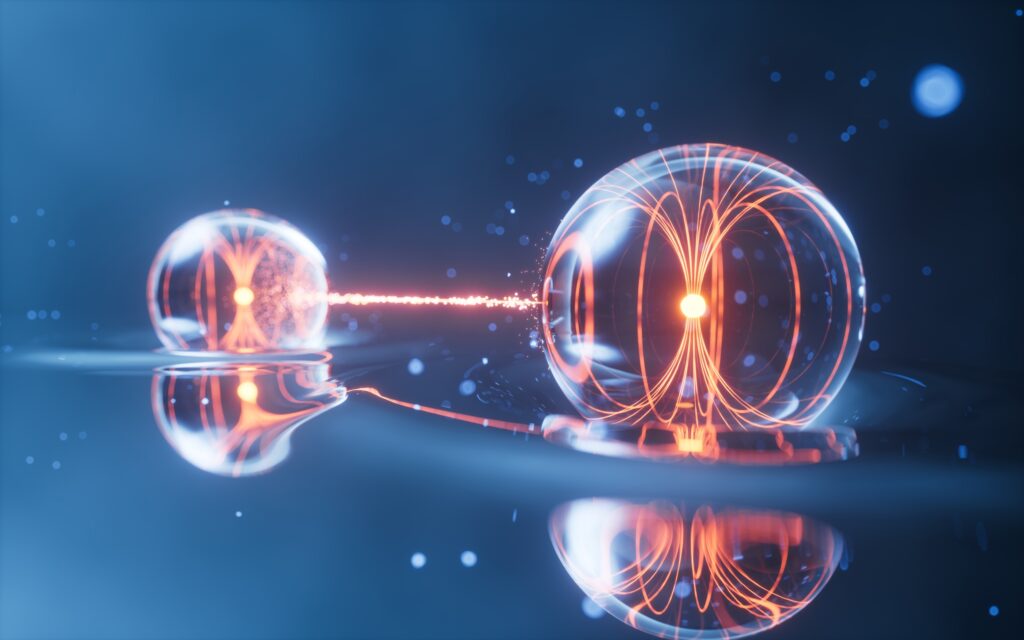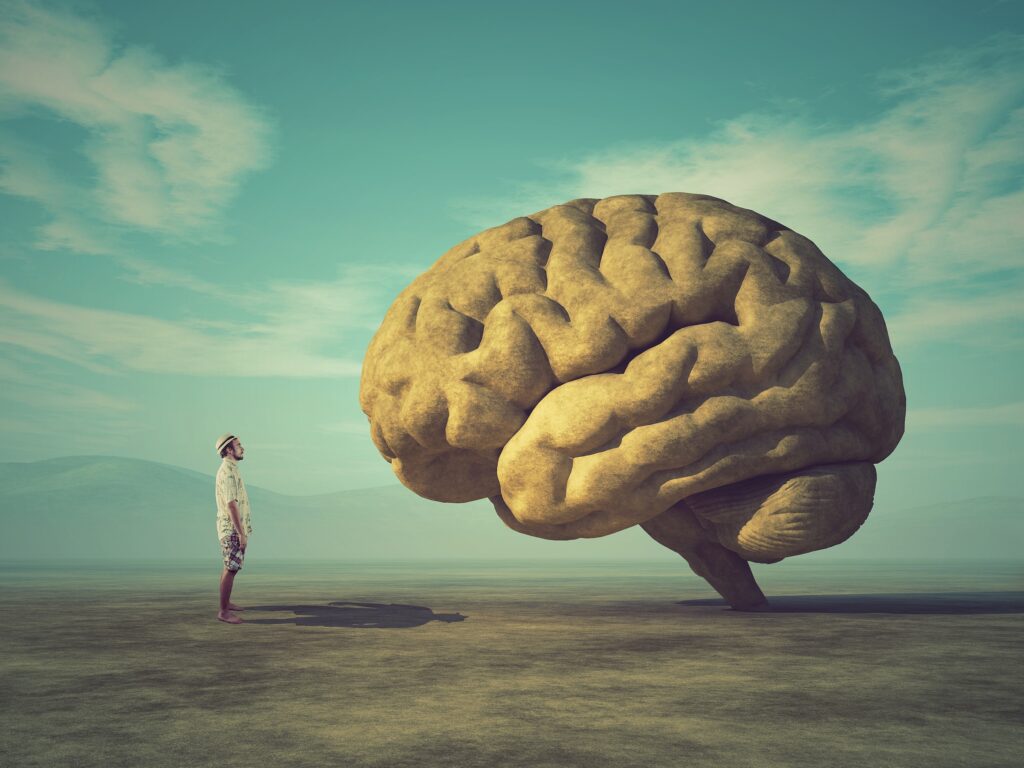|
Dr. Edward Kelly, a professor of experimental psychology, talks about his many years of study of a variety of psi and anomalous phenomena. In this interview with Natalia Vorontsova, he candidly shares how phenomenological evidence has led him to re-examine his metaphysical views on the nature of reality. Are our minds confined to our brains? Do we survive our biological death? Is mind primary to matter? Why should we take anomalous phenomena seriously? These are some of the topics covered in this conversation.
|
Fredric Nord argues that knowing reality through language is fundamentally and inescapably a misunderstanding of reality. We misunderstand what language actually does and, thereby, misunderstand what life is. The key to understanding life is, he argues, a reframing of language and representation. This should end the paradigm of materialism and facilitate transcendence as a priori.
|
Physicist Dr. Lídia Del Rio, Essentia Foundation’s Research Fellow for Quantum Information Theory at the University of Zürich, explains to Hans Busstra one of the strangest quantum conundra confronting the foundations of physics: the Frauchiger-Renner (FR) thought experiment.
|
Dr. Dolezal invites us to consider the uncanny similarities between the ancient stories of creation, across many religious and philosophical traditions, and how the human imagination, when prompted or triggered by words, creates entire universes.
|
Hans Busstra interviews theoretical physicist and complexity scientist James Glattfelder on his new book: ‘The Sapient Cosmos: What a modern-day synthesis of science and philosophy teaches us about the emergence of information, consciousness, and meaning,’ published by Essentia Foundation. Glattfelder makes a plea for ‘syncretic idealism’: a worldview that synthesises ancient idealist texts and mystical experiences with physics, complexity science and analytic idealism.
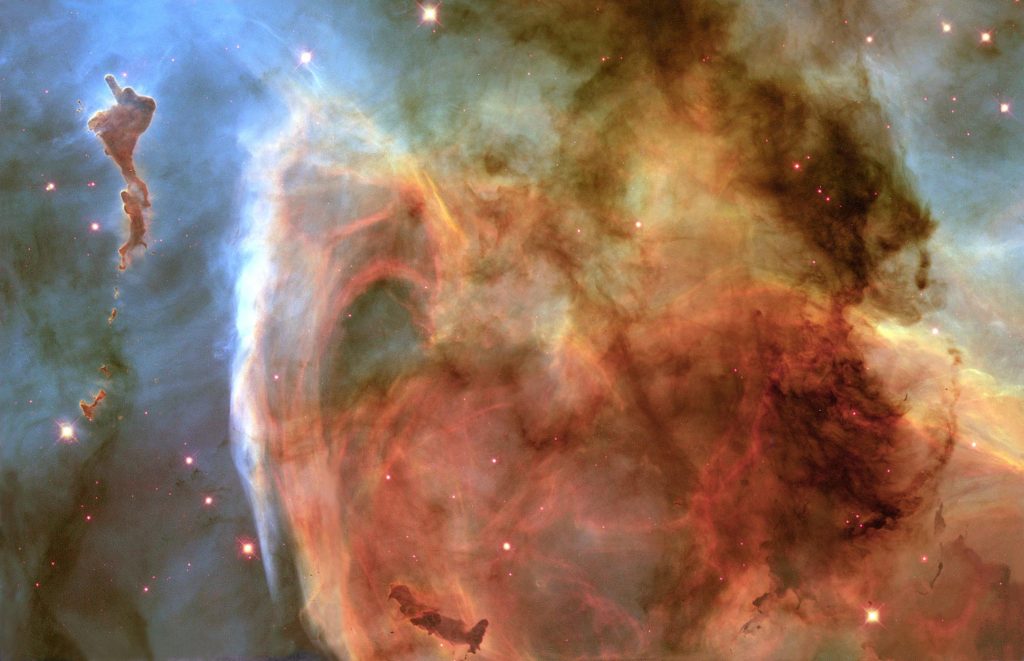
Do we really live in a fundamentally physical universe? Are we essentially material beings? Essentia Foundation is a new force in the cultural dialogue about the nature of reality. Find out more about us.
|
With humanity at a crossroads, we are invited to ponder a novel vision of existence that inspires wonder and ethical accountability. A radical and groundbreaking perspective emerges, challenging conventional beliefs by placing consciousness at the foundation of reality. In this essay, Dr. Glattfelder delves into some ideas meticulously researched and carefully presented in his latest book, ‘The Sapient Cosmos: What a Modern-Day Synthesis of Science and Philosophy Teaches Us About the Emergence of Information, Consciousness, and Meaning,’ published by Essentia Books.
|
The acquiescence of physicalism within the broader cultural milieu allows for the smuggling of assumptions into scientific inquiry, which are then, in a circular manner, considered to be validated by science itself. This disastrous interplay perpetuates a continued myopia in distinguishing between the ontological claims of physicalism and the assumptions of scientific inquiry, argues Adebambo Adedire.
|
Natalia Vorontsova explores the mystery of death and its relationship with non-ordinary states of consciousness, such as tukdam and NDEs, including those reported by young children.
|
As any essay on free will, the present one is bound to be polemic. We believe the debate on free will is important and the present essay meaningfully contributes to it. Nonetheless, we feel bound to clarify our editorial position here: as a foundation dedicated to promoting objective formulations of metaphysical idealism, we endorse the existence of a reality beyond the seemingly personal self, which behaves in a predictable, lawful manner. An implication of this view is the impossibility of libertarian free will: we do make our own choices, but our choices are determined by that which we, and the universe around us, are. Yet we believe that there is a very important sense in which free will does exist: under idealism, the universe is constituted by the excitations of one, universal field of subjectivity. The impetus towards self-excitation that characterizes this field of subjectivity is free will, for it depends on nothing else. The entire dance of universal unfolding is a dance of universal free will. This is the sense in which, for example, Federico Faggin and our own Bernardo Kastrup defend the fundamental existence of free will in nature. This understanding of free will is entirely compatible with the understanding that our choices are determined but that which we truly are. Finally, objective formulations of metaphysical idealism deny, just as the author of the present essay does, the fundamental existence of a personal self. Instead, the latter is regarded as a transient, reducible configuration of the underlying field of subjectivity. As such, there cannot be such a thing as personal, egoic free will, for the personal self itself isn’t a fundamental construct.
Would you like to submit an essay?
|
Physicist Dr. Lídia Del Rio, Essentia Foundation’s Research Fellow for Quantum Information Theory at the University of Zürich, explains to Hans Busstra one of the strangest quantum conundra confronting the foundations of physics: the Frauchiger-Renner (FR) thought experiment.
Seeing
Videos
|
Mainstream science still tends to dismiss extrasensory phenomena (ESP). However, these so-called ‘anomalous phenomena’ are key to understanding the nature of reality, claims Dr. Julia Mossbridge: “We are beginning to change the way we think as science enters the ‘maybe we got it all wrong’ phase.” In this interview, Natalia Vorontsova talks to Julia about her research in fields ranging from neuroscience and psychology to physiology and physics, tackling questions of free will, the nature of time, the mind-body problem, and key metaphysical implications.
|
Hans Busstra sat down with John Vervaeke to discuss the meaning crisis, the Zombie myth we’re in, and how it all relates to what Vervaeke calls “rabbit hole metaphysics”: the conspiratorial, outlandish and often absurd ideas people start believing in, in search of meaning. A characteristic of rabbit hole types of metaphysics is that they have a ‘thick’ description of reality: a constellation of ungrounded assumptions build up to a ‘once you get this, there’s no way back’ narrative, which repeats itself in online echo-chambers.
|
Two giants of science and technology—Nobel Laureate in physics, Sir Roger Penrose, and inventor of the microprocessor, Federico Faggin—meet to discuss their ideas on the relationship between Quantum Physics and consciousness, with the special participation of our own Bernardo Kastrup. While always respectful and congenial, the participants don’t shy away from disagreements. Their starting difference regards Quantum Theory itself: while Federico Faggin and Bernardo Kastrup allow its implications to inform their views, Sir Roger Penrose believes the theory itself to be at least incomplete and require further development. The discussion helps pin down and make explicit the fine points of the three gentlemen’s respective ideas regarding consciousness.
From the archives
|
Much of the discord in today’s philosophical debate on the nature of mind and reality arises not from argument, but from a peculiar mindset that prevents some from explicitly cognizing their own consciousness, argues Arthur Haswell. This mindset relates to Cotard’s syndrome (the rare delusion of being already dead) and necrophilia (a love for all that is mechanical and inanimate, as opposed to alive and organic). Haswell suggests that it may be as futile to argue against this mindset as it is useless to explain color to someone born blind.
|
Hans Busstra, together with Essentia Foundation’s research fellow, physicist Lidia Del Rio, talks to Prof. Sandu Popescu about quantum non-locality. Popescu is Professor of Physics at the University of Bristol and a Fellow of the Royal Society. He did pioneering work in what became the field of quantum information and has won both the John Stuart Bell Prize and the Dirac Medal.
|
Neuroscientist Dr. Christof Koch’s latest book has a title quoting the second act of the famous opera, Tristan und Isolde: “Then I Am Myself The World.” In this book Koch describes how he, during a psychedelic experience on 5-MeO-DMT, felt that he was one with the universe, which echoes the epic tale by Wagner. Essentia Foundation’s Hans Busstra interviewed Koch on his book, his psychedelic trip and, of course, Integrated Information Theory (IIT), the scientific theory of consciousness Christof Koch and Gulio Tononi are famous for.
Let us build the future of our culture together
Essentia Foundation is a registered non-profit committed to making its content as accessible as possible. Therefore, we depend on contributions from people like you to continue to do our work. There are many ways to contribute.











